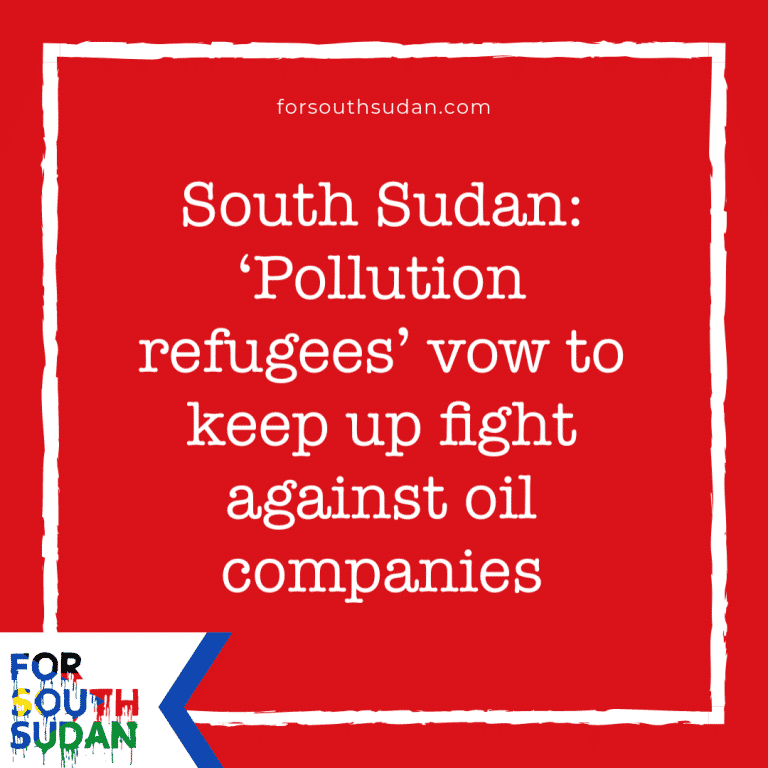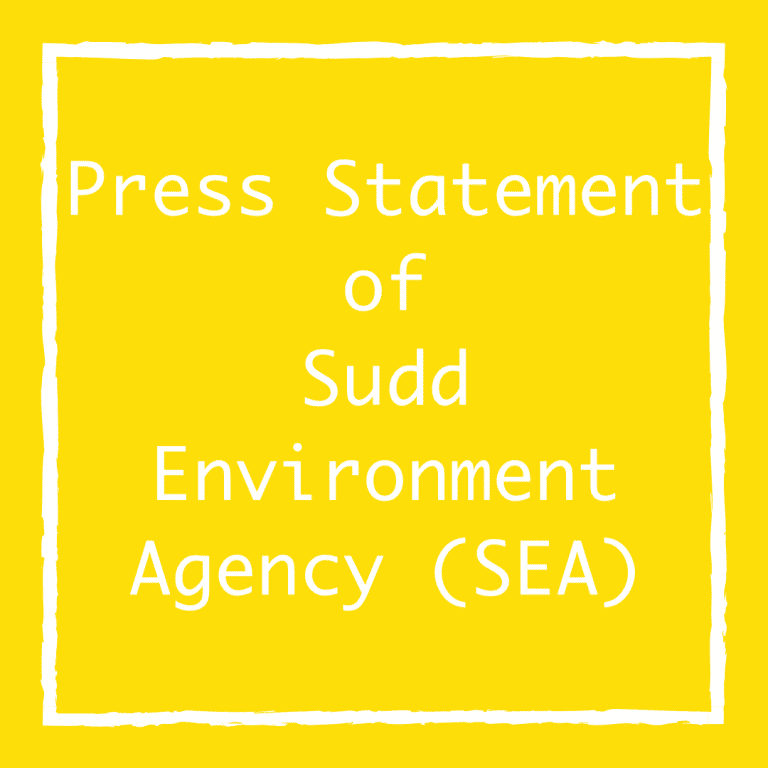Interview with Anataban’s John Ador Akoy

John Ador Akoy has come – literally – a long way. His journey to being one of South Sudan‘s leading activists and artists started in a refugee camp, to which he was brought to keep him safe. John went on to finish secondary school in Uganda and to get a B.A. in Kenya.
Along his way, John has been – and still is – an author, actor, human rights defender, human resources manager and youth activist. One of his major activities nowadays is helping coordinate the work of Anataban, South Sudan‘s collective of artist activists.
John, did your hard times in a refugee camp – being there without your parents – prepare or even predestine you to be an artist or activist?
Yes, the hard times I had in the refugee camp gave me first-hand insights into life. The hard times also robbed me of living space and other basics of human life. Living in a refugee camp results in unnecessary suffering and in struggles that often lead to a total disruption of personality. For example, the life I was forced to lead turned me fora while into a thief, because I saw this as the only way to get any of the things that I needed to live.
People in South Sudan like to be reached in a lot of art forms
Poetry slams. Open mic nights. Sculpture exhibitions. Music videos with social missions. Anataban stages a large and bewilderingly diversified range of events and activities. How do you at Anataban go about creating events? Does it all happen spontaneously? Is it motivated by concern about South Sudan and its people?
The first thing that everybody needs to know is that it not easy to stage a public event in South Sudan. And that’s because of the requirement that each gathering of more than 10 people needs to obtain a security clearance in advance.
Why do we at Anataban offer such a diversity of events? The answer: because people in South Sudan like to be reached in such a diversity of ways. There are audiences for poetry, for drama, for visual arts, for fashion and even for pictorial/comic books.
We often do our activities on a rather spontaneous basis. A number, on the other hand, manifest our ongoing commitment to deal with developing crises and with issues of citizens’ concern. These crises and concerns are often the the subject of our videos. Our latest covers the devastating oil pollution that is sweeping South Sudan. It is silently killing people.
We stand in solidarity with our suffering brothers and sisters.
Why did you decide to do “Black Tide”?
One of our core values is “We stand in solidarity with our suffering brothers and sisters.” South Sudan is rich in oil. That could be a blessing. The reason why it is not: it is being abused. And nothing good comes out of abuse.
The ministries and institutions responsible for oil have to do the right thing. They have to put human life and health first.
The reason why we made “Black Tide” is because the crisis is getting worse and worse every day. We are losing more lives every day – and this in a country that has been so heavily stricken by warfare. We the people of South Sudan need to move forward and take care of this problem – even if it means pumping less oil. What is most important is getting a cleaner environment, because that means a healthier society and that is what we so badly need.
WATCH THE FULL VIDEO
Download the full press kit:



